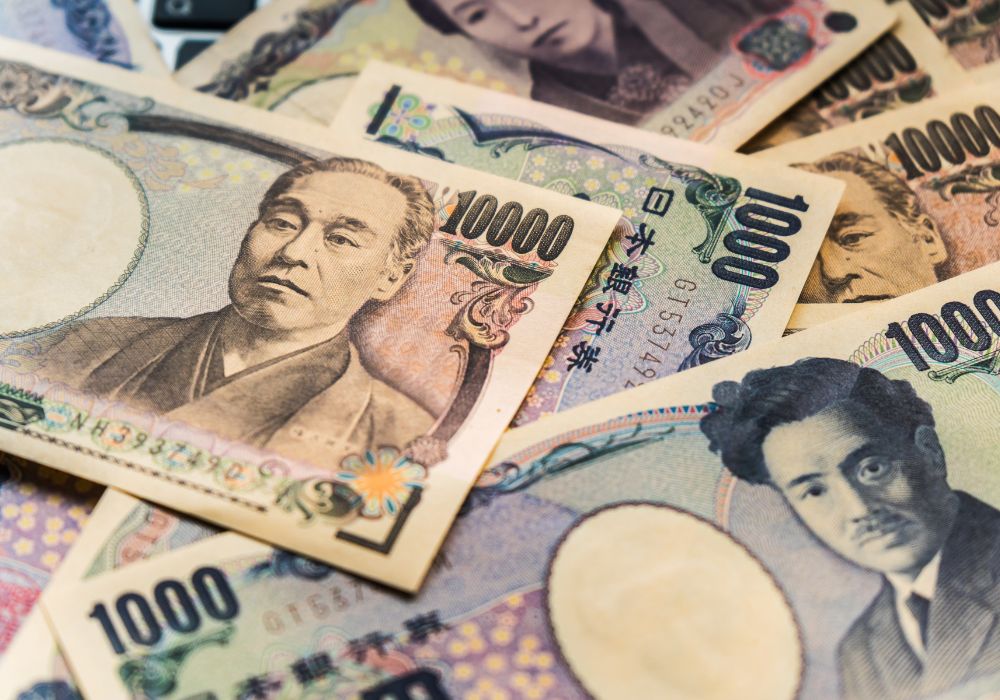
Tokyo — A spot Bitcoin ETF in Japan could arrive as early as spring 2027, according to Kenji Hoki, head of the Web3 & fintech department at KPMG Japan. Speaking at the WebX 2025 conference in Tokyo, Hoki said the most realistic path is for Japan’s next annual tax reform request (submitted at the start of each year) to include lifting the domestic ban on crypto-based ETFs—enabling Diet passage around March–April 2026 and an effective date the following spring. He added that a faster route is possible via cabinet ordinance, but that would require political will.
Why 2027—and what’s in the way
Japan’s Investment Trust Act currently limits what underlying assets ETFs can hold; crypto spot exposure is not contemplated. Supervisory guidelines also constrain product design, creating a two-layer regulatory hurdle. Hoki noted industry alignment is still forming. At the same session, SBI Global Asset Management CEO Tomoya Asakura warned that even a 2027 launch risks leaving Japan behind the U.S., Hong Kong and Singapore, and floated a stopgap: wrapping an overseas (e.g., U.S.) Bitcoin ETF inside a Japanese investment trust—if guidelines are tweaked.
The policy backdrop is shifting
Japan’s Financial Services Agency (FSA) is moving to normalize crypto within the securities rulebook. According to prior reporting, the FSA plans to revise the Financial Instruments and Exchange Act to give crypto assets formal status as financial products, with a bill targeted for early 2026—a step that would naturally support ETF plumbing and surveillance requirements. Separately, the FSA is seeking a flat 20% tax regime for crypto gains, aligning them with equities and opening a clearer pathway for ETF treatment in the 2026 fiscal reform cycle.
Investor demand is there
Conference remarks cited survey data indicating over 60% of Japanese investors want some crypto exposure, while policymakers have framed digital assets as part of diversified wealth-building—another signal that distribution via securities channels (brokerages, investment trusts, pension wrappers) is the likely end-state once rules permit.
Market implications
- Timeline: The base case is effective spring 2027, contingent on a 2026 Diet action; an expedited administrative route exists but is uncertain.
- Competitive pressure: Japan faces time-to-market pressure after the U.S. and Hong Kong launched spot crypto ETFs, with local asset managers advocating swifter access.
- Regulatory convergence: Reclassification of crypto as financial products plus tax parity would align Japan with global ETF jurisdictions and facilitate institutional participation.
Bottom line
A KPMG Japan executive’s on-record 2027 target gives the clearest timeline yet for a Japanese Bitcoin ETF, tied to tangible legislative and tax milestones. The decisive variables now are the scope of the 2026 reform package and whether regulators opt for a quicker, ordinance-based workaround. Either way, the direction of travel is toward integration of crypto into Japan’s mainstream investment infrastructure.
